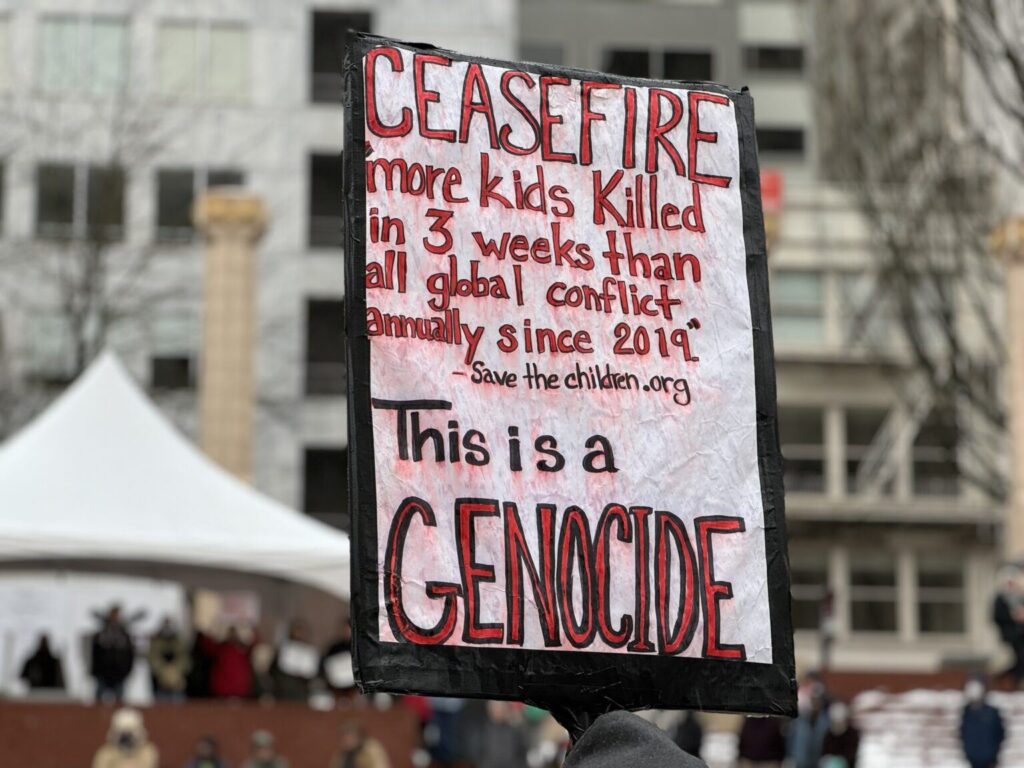It is an uncomfortable truth that the ICJ’s orders cannot improve the lives of those affected by armed conflict. Disregarding international humanitarian law and human rights legislation has become the norm, and it is often claimed that everything is fair in love and war, whereas the UNO secretary general emphasized that even “WAR HAS RULES”.
The late Brazilian ICJ Judge Cançado Trindade’s dissenting note in the Gambia v. Myanmar case was discovered during my research for my YouTube webinar, “Genocide or Not.” In it, he provided a detailed explanation of why the provisional order to stop genocide under the genocide convention will not alter the situation on the ground because the court misunderstood the situation by placing an excessive emphasis on the “Plausibility” of genocide.
“The Court may employ this power only if it is satisfied that the rights asserted by the party requesting such remedies are at least plausible,” according to the plausibility test. It lessens the effect of laws against genocide, but the term “fundamental” needs to be applied when any state or non-state actor is suspected of committing genocide. Trindade clarified his stance:
“There is great need of serious reflection on this superficial use of “plausible”, which is devoid of a meaning. I do not intend to reiterate here all the criticisms I have been making on resort to “plausible”, whatever that means. May I just recall that, in the course of last year (2018), on more than one occasion I dwelt upon this matter. Thus, in my separate opinion in the case of Application of the International Convention on the Elimination of All Forms of Racial Discrimination (Qatar v. United Arab Emirates), I pondered that “The test of so-called ‘plausibility’ of rights is, in my perception, an unfortunate invention — a recent one — of the majority of the ICJ. It appears that each one feels free to interpret so-called ‘plausibility’ of rights in the way one feels like; this may be due to the fact that the Court’s majority itself has not elaborated on what such ‘plausibility’ means. To invoke ‘plausibility’ as a new ‘precondition’, creating undue difficulties for the granting of provisional measures of protection in relation to a continuing situation, is misleading, it renders a disservice to the realization of justice.”
It is worthwhile to read this opinion, as it can provide the ICJ with guidance on how best to use the judicialization of armed conflict so that it is not just empty rhetoric but also has some real-world impact.
Furthermore, he emphasizes that it is not always possible to analyze both international and non-international armed conflicts from a state-centered perspective due to the emergence of modern human rights law, which, unlike the colonial understanding of international law, also views the individual as the subject of the state. The ICJ should consider the matter beyond the narrow concept of state, as shown below, as it is also an imperial construct of international law:
“The present case once again shows that the determination and ordering of provisional measures of protection under the Convention against Genocide, and under human rights conventions, can only be properly undertaken from a humanist perspective, necessarily avoiding the pitfalls of an outdated and impertinent State voluntarist outlook.”
In a multipolar world where the post-World War II international order is having trouble coordinating and harmonizing, as well as implementing international human rights, humanitarian law, and genocide rules, things are becoming worse. It is impossible to disregard Judge Trindade’s opinion, which has the authority to give the ICJ’s interim order and the judicialization of armed conflict importance and intent.
______________________________________
